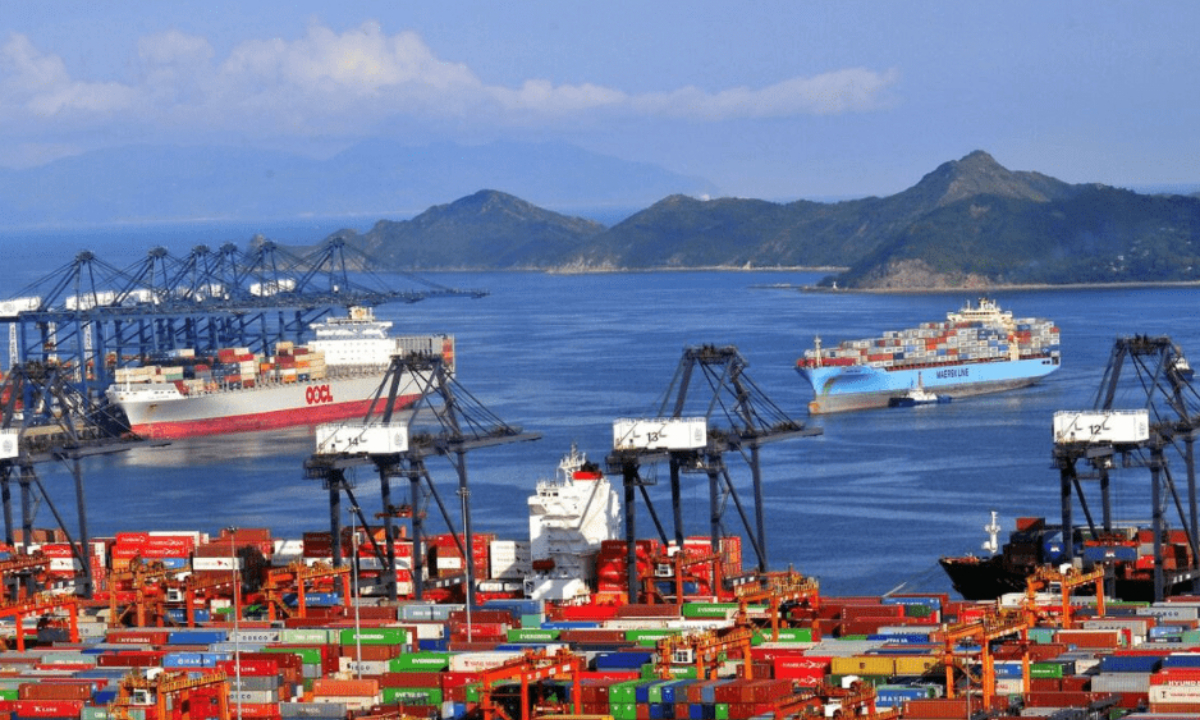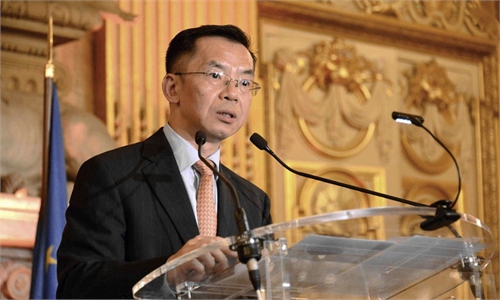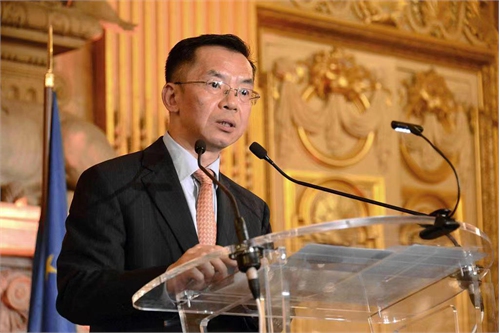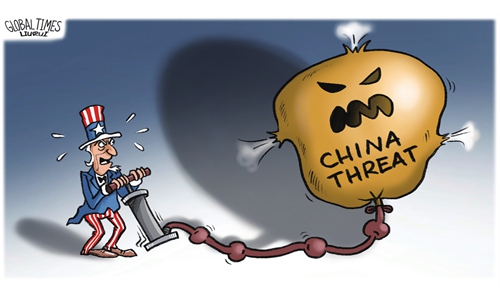Stable, sound China-US economic relation plays a key role in preventing disputes between the world’s two largest economies from further spiraling up amid ‘balloon incident’: analysts

China-US trade
The escalation of the balloon incident has put the China-US economic and trade ties at a crossroad, amid mixed signals from Washington, ranging from stepped-up crackdown on China's rising high-tech industry, an alliance approach to push for a West decoupling with China to US Treasury Secretary Janet Yellen's explicit hope to still visit China despite strained bilateral relations.
The New York Times reported on Thursday that the Biden administration is poised to introduce new restrictions on US companies funding the development of advanced computing technologies in China, following a reported ban to cut Huawei off from all American suppliers, which could be announced in May. Washington also introduced a sweeping ban on semiconductor export control to China last year.
Observers said that a stable and sound China-US economic relation plays a key role in preventing disputes between world's two largest economies from further spiraling up, and the ball is in Washington's court to show pragmatism in removing obstacles and addressing China's key concerns.
In a clear signal demonstrating China's openness for dialogue with the US, China's Ministry of Commerce said on Thursday that China welcomes Yellen to visit China, as it is important for both countries to maintain normal communication.
From China's point of view, the principle that cooperation brings benefits to both sides remains unchanged. And the willingness to continue to strengthen the role of China-US economic and trade ballast has not changed.
In a video address to a conference themed Forecast 2023 organized by the US-China Business Council (USCBC) on Wednesday, Charge d'Affaires of the Chinese Embassy in the US Xu Xueyuan highlighted the role of "a stabilizer" that China-US economic cooperation plays in bilateral relations and urged that both sides should not allow the airship incident to offset efforts made by the two sides in maintaining the stability of China-US ties.
"We hope that the US business community will curb the negative factors that undermine cooperation and work together to bring China-US relations back to the right track, injecting more stability and certainty to bilateral economic relations," Xu said.
He Weiwen, a former senior trade official and an executive council member of the China Society for World Trade Organization Studies, encouraged US companies and business community to play a more "active, positive" role in strengthening bilateral economic relations, warning that the consequence of a complete cut-off from Chinese market could be "detrimental" to their businesses.
In an interview with the Xinhua News Agency, USCBC president Craig Allen said that US companies are "keen" to continue exploring Chinese markets. He stressed that the economies of the two countries should not decouple with each other, and only strengthening cooperation is beneficial for both sides.
According to observers, benign China-US economic ties also carry special weight for shoring up the US economy, which is now under multiple pressures of inflation, looming recession and debt crisis.
Gao Lingyun, an expert at the Chinese Academy of Social Sciences in Beijing, told the Global Times that the main problem that Janet Yellen wants to solve by visiting China is the debt issue, not economy and trade.
"Some recent moves by China on US Treasury bonds based on market principles could have some impact on the US bond market, especially when the US has hit debt limit [last month]," said Gao.
Gao predicted that the US will continue to hype up the airship incident for some time. It's like the US picked up a gun and needs to use it against China. It may also serve as a bargaining chip to ramp up pressure on the Chinese side.
"The US turned the civil airship into a 'spy balloon,' reflecting the hype and hatred toward China by both parties in the US, including some other institutions, which we need to watch out for," said Gao.



